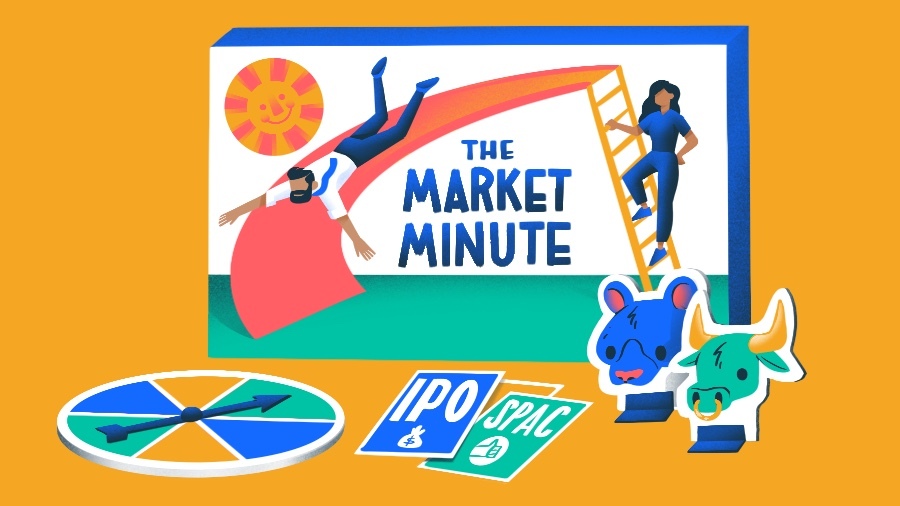This was a record year for companies going public, with startups and legacy brands alike tapping into a public market that was hungry to invest.
We included VC-backed companies that went public this year on the Nasdaq or New York Stock Exchange and ranked them by deal size .
The electric vehicle-maker raised the most money of all the VC-backed companies that went public this year in its November IPO, reaching a valuation of $66.5 billion.
The South Korea-based e-commerce platform went public in what was at the time the largest IPO of the year.
SPACs in general were popular this year, and numerous EV companies opted to use them to raise capital, since SPACs allow companies going public to use future projections in their marketing, and many EV companies are pre-revenue.
Singapore-based ride-hailing and delivery company Grab went public toward the end of the year in one of the largest public debuts, raising $4.5 billion through its SPAC merger.
Didi’s stock has suffered since its public debut, and the company announced plans to delist from the New York Stock Exchange less than six months after its IPO.
Nubank, which raised money from investors like TCV and Founders Fund, was one of two venture-backed companies from Brazil to go public this year on the NYSE or Nasdaq, the other being Zenvia.
Self-driving car company Aurora raised $2.5 billion through a SPAC merger with the blank-check company Reinvent Technology Partners last month.
The fintech company went public over the summer, raising $2.4 billion in the process and reaching a valuation of $8.7 billion.
The company, which is backed by investors including CVC Capital Partners and Viola Ventures, was one of four venture-backed Tel Aviv-based companies to go public on the major U.S.
The female-centric dating app made its public market debut just before Valentine’s Day, raising $2.15 billion and reaching a valuation of $8.2 billion.
